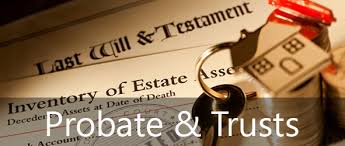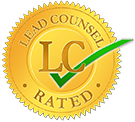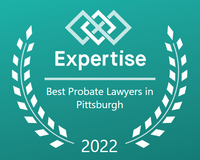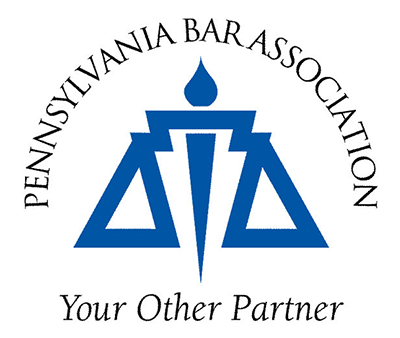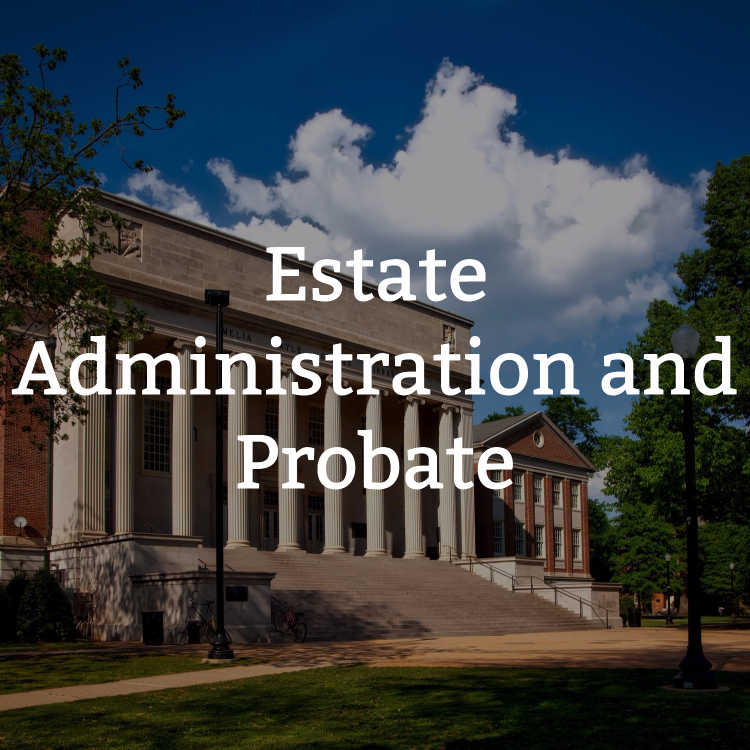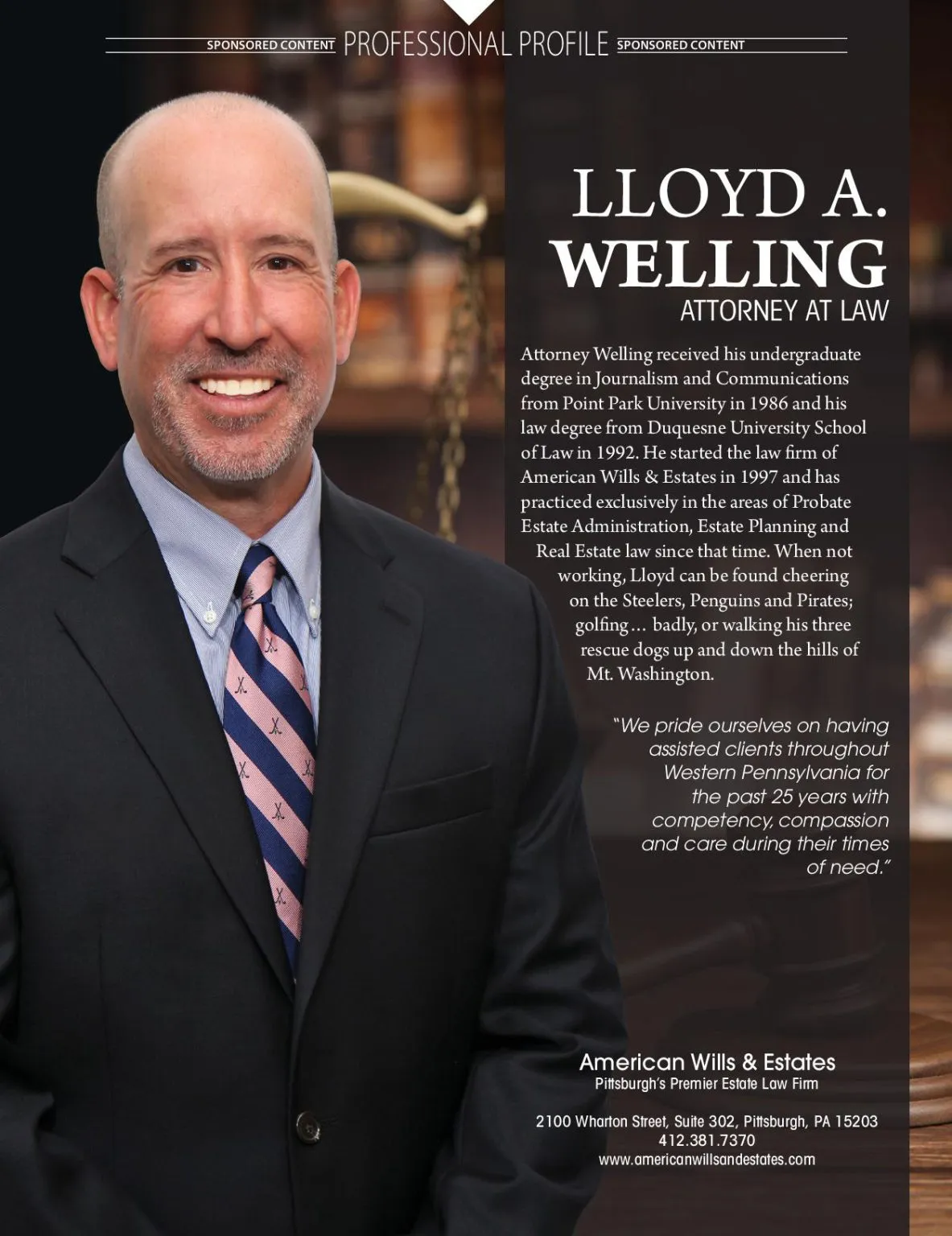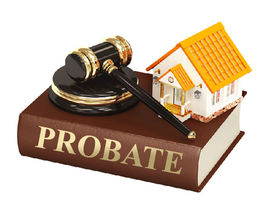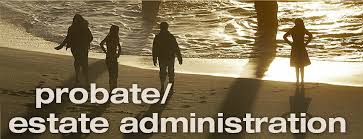FINDING A TRUSTED PROBATE ESTATE ADMINISTRATION ATTORNEY
If you’ve recently lost a loved one and have been named to serve as the Executor or Personal Representative of their estate what should you do? Well, first and foremost, take enough time to allow both yourself and the rest of the family to grieve. Too often we see folks in a rush to get the estate administration process started and, often times, this can spark friction and animosity with other family members who are still engaged in the mourning process. While the probate estate administration process is certainly time-sensitive, waiting a week or two until after someone’s death is not going to cause a problem.
Okay, so now you’re ready to begin the process what should you do first? Gather all of the Decedent’s important paperwork, i.e. the Will, bank statements, investment statements, deeds, insurance documents, etc. Remember, the probate process is paperwork intensive. The more information you are able to gather and put together, the more smoothly this whole process will go. Think of it this way, on one side of the page you’re trying to put together a comprehensive list and breakdown of all of the Decedent’s assets, and on the other side a list of all of his or her debts and expenses. Also, make sure you keep track of all of the expenses incurred following the death, i.e. the funeral bill, cemetery costs, reception, flowers, headstone, etc.
Once you’ve done your best to gather everything together, you’re ready to find some competent legal help to guide you through all of the twists and turns of the probate process. That’s often easier said than done. There are an awful lot (some might say a lot of awful) attorneys out there, so how do you find the right one. First, look for an attorney who actually specializes his or her practice in estate planning and estate administration law. If you’re doing and internet search the buzz words you’re going to be typing are estate lawyer, estate attorney, probate lawyer, probate attorney, etc. Look at several different websites and make sure that the focus of the attorney’s practice is actually on those areas of law. You probably don’t want to hire the attorney who dabbles in estate work along with 7 or 8 other areas of law that they claim to be competent in.
After you’ve narrowed down your search, call and speak to at least 2 or 3 of your potential choices. It’s obviously important to find someone who you are comfortable communicating with. Are they willing to give you sufficient time to discuss the matter in detail or are they simply in a rush to get you into their office and get you signed up. Is the consultation free? It certainly should be. And, probably most importantly, will they discuss the matter with you in plain English or will they try to talk over your head in “lawyer speak” or legalese? Yes Mr. Lawyer, your fancy words are very impressive, but I’d really just like to know how this whole thing is going to work.
So now you’re ready to hire your choice. First and foremost, how are they going to charge you? Most estate lawyers charge one of three ways. Probably most common is to quote you fee based on a percentage of the value of the estate. So if the attorney says his fee is going to be 5% and the estate is worth $100,000, you’re looking at approximately $5,000 in legal fees. A second manner of billing may be to tell you that they’ll handle the estate on an hourly basis. In my personal experience, such an arrangement can get a bit sketchy because you will have no real idea what your final legal fees are going to be. The third type of fee arrangement and the one that we most commonly quote to our clients is the flat fee arrangement. Namely, we will look at the size and scope of the potential estate and we will propose to handle the matter for a certain set flat fee. Typically, we’re not pulling this number out of thin air, but rather are arriving at the quoted fee by applying a percentage calculation. However, that percentage is generally in the neighborhood of 3% to 3.5% and can be even less depending on how large the estate may be. Regardless of what type of fee arrangement that you arrive at, MAKE SURE THE FEE AGREEMENT IS IN WRITING. The written fee agreement should spell out precisely what services the attorney will be providing and when payments will be expected.
Hope this article helps you a bit in narrowing down your search for a probate estate administration attorney. If you have questions or we can be of further service to you or your family, please give us a call today at (412) 381-7370 or visit us online at www.americanwillsandestates.com . We’ve been assisting clients throughout Western Pennsylvania through the probate process with competency, compassion and care for over 25 years. We offer free consultations and office, home and hospital visits are available upon request.

